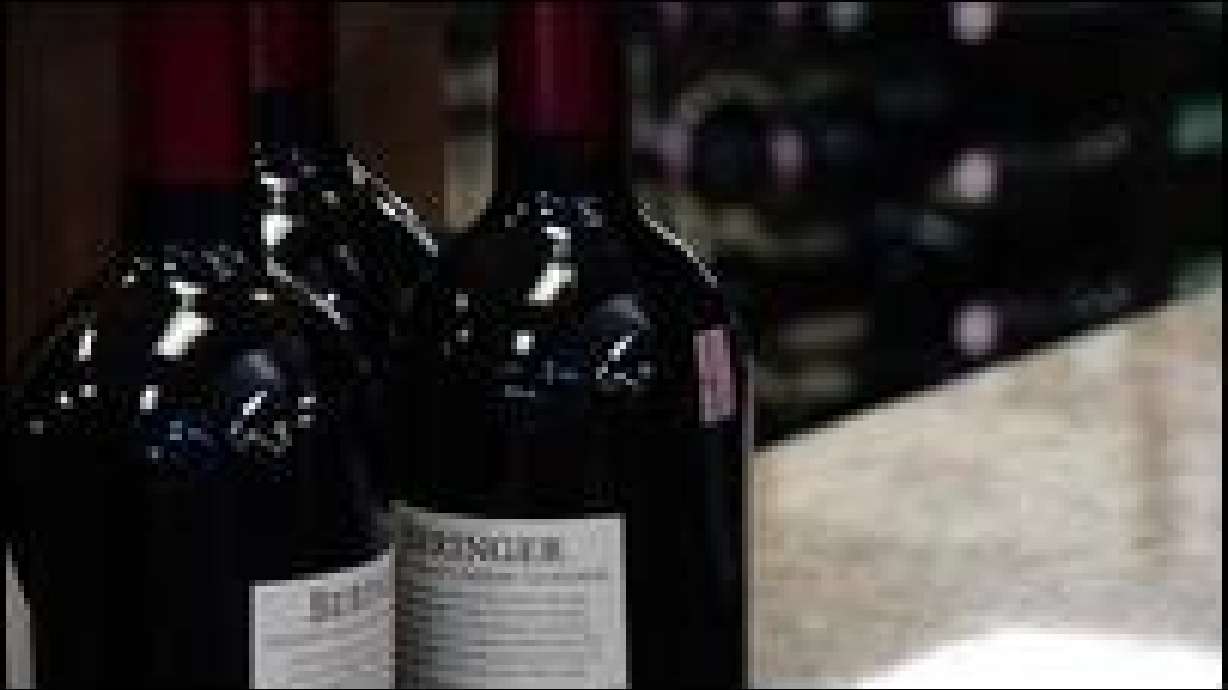Estimated read time: 4-5 minutes
This archived news story is available only for your personal, non-commercial use. Information in the story may be outdated or superseded by additional information. Reading or replaying the story in its archived form does not constitute a republication of the story.
SALT LAKE CITY (AP) -- Utah will likely run out of liquor licenses for restaurants on Thursday when the Department of Alcoholic Beverage Control issues its few remaining permits, leaving some applicants without the ability to serve liquor in a state increasingly dependent on tourism.
Utah uses a quota system based on the state's population to determine how many liquor licenses to issue. On Thursday, nine applicants will vie for seven remaining restaurant permits. Meanwhile, 10 applicants will apply for the 18 remaining bar permits.
Once the state runs out of liquor licenses, new ones are only granted if a business forfeits one or the population grows.
DABC Chairman Sam Granato has repeatedly said Utah's quota system for restaurants should be eliminated so business growth isn't stunted, but that is ultimately up to the Legislature and the governor to decide.
In Utah, where about 60 percent of residents and more than 80 percent of lawmakers are members of The Church of Jesus Christ of Latter-day Saints, any changes to the state's notoriously strict liquor laws are politically sensitive, even as the state battles mounting job losses and a growing budget shortfall.
If Gov. Gary Herbert, a Mormon, had hoped to avoid the always-touchy subject of Utah's quirky alcohol laws before he's up for election in 2010, he's out of luck.
"Hopefully we'll be progressive enough as a state to understand if a restaurant needs to have alcohol as part of their concept for whatever it is they're selling, they're not going to grow, they're not going to add restaurants, they're not even going to look at our state ... if we're not able to accommodate their needs. So it does become an economic development issue," said Melva Sine, director of the Utah Restaurant Association. "A fine dining restaurant anywhere in the world includes a broad array of wines or spirits."
Sine said an existing state requirement that 70 percent of restaurant sales come from food is the only quota restaurants need.
The issue of whether to increase liquor license quotas or repeal them altogether is one of several still simmering in the state following the most sweeping changes to Utah's booze laws in 40 years that took effect earlier this year.
In an effort to make the state appear a little less odd to outsiders and boost the state's $7 billion-a-year tourism industry, former Gov. Jon Huntsman pushed through legislation that eliminated the need for customers to fill out an application and pay a fee for the right to enter a bar.
In exchange for eliminating what were technically private clubs, bars now must scan the ID of anyone who appears younger than 35 before entering. Information obtained through the scan is kept by bars for a week so law enforcement can track where someone might have consumed alcohol in the event of a crime.
Bars, customers and privacy rights advocates have complained that keeping the information smacks of Big Brother.
Utah also eliminated this year the need for partitions, often made of glass, to separate bartenders from customers in existing restaurants. Previously, bartenders were forced to walk around the counter to serve drinks.
However, in what Huntsman described as a step backward for the state, lawmakers insisted on forcing bartenders in newly constructed restaurants to mix cocktails in back rooms out of public view.
Conservative lawmakers contended that if children could see liquor being poured into a glass they might be tempted to drink it. Liquor bottles, advertisements and the serving and consumption of alcoholic beverages remain on public display in new restaurants.
Huntsman had pledged to eliminate the need to hide bartenders at the request of the Utah Restaurant Association, which says the requirement is inconsistent and confusing to business owners and customers.
But since Huntsman resigned earlier this month to become U.S. ambassador to China that effort could be in jeopardy.
Herbert, widely considered more conservative than Huntsman, is noncommittal on alcohol policy.
"This is not an issue he's been on the forefront of," said Angie Welling, Herbert's spokeswoman. "He would support taking a look at the entire system."
Herbert has said he wants to improve the state's sluggish economy by removing barriers Utah businesses face, but he has not yet identified what those barriers are.
(Copyright 2009 by The Associated Press. All Rights Reserved.)









